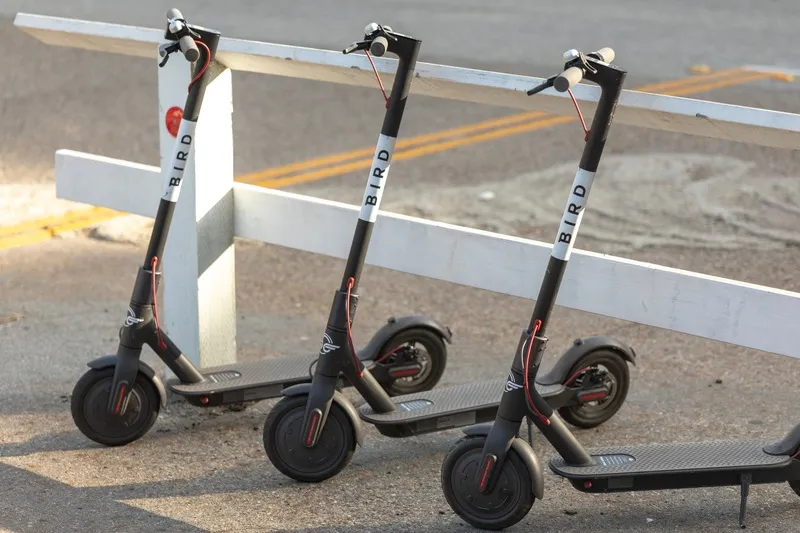Without the need for public funding, Mobike’s scheme will launch with an initial 1,000 bikes, which is expected to increase to meet growing demand for the service. Mobike has agreed a voluntary code of working with Manchester City Council, Salford City Council and Transport for Greater Manchester.
Manchester and Salford are the company’s first host cities outside of Asia and officially kicks off Mobike’s European expansion. The company has strong ambitions for the continent, and will aim to provide its affordable, environmentally-friendly and socially-beneficial service to a series of European cities over the next few months.
Mobikes are equipped with a series of proprietary high-tech features that benefit both users and partner cities alike. Every bike is equipped with smart-lock technology and built-in GPS connected via the Mobike IoT network.
Mobike’s technology locates and monitors the health of each bike, as well as location-based demands for bikes, to manage supply and help solve the “last-mile” challenge.
Mobike also uses GPS technology to leverage real-time trip and city data to better serve users and cities. The company uses data analytics to not only allocate their fleet across the city depending on traffic, weather and other variables – but also support city planners, local businesses and authorities in a variety of smart urban planning projects.
Mobike to launch in Greater Manchester
Smart bike-share provider Mobike is to launch its popular bike-sharing service in Manchester and Salford, UK, where it will go live on 29 June. By simply downloading the Mobike app, finding a nearby Mobike and scanning its QR code, users will be able to pick up and ride bikes around the city.
June 16, 2017
Read time: 2 mins
Smart bike-share provider Mobike is to launch its popular bike-sharing service in Manchester and Salford, UK, where it will go live on 29 June. By simply downloading the Mobike app, finding a nearby Mobike and scanning its QR code, users will be able to pick up and ride bikes around the city.









